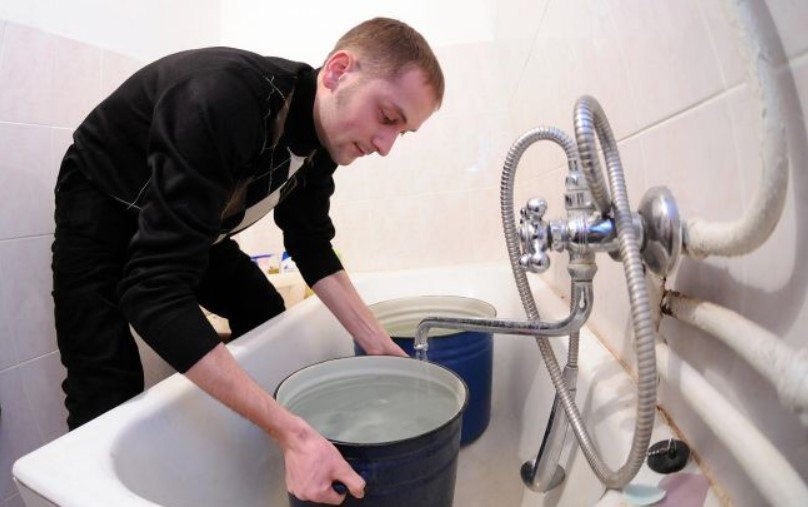Baku, July 31 — “I can’t even bathe my grandson — there’s no water.”
With this sharp remark, former Azerbaijani MP Etibar Aliyev voiced growing public frustration over the country’s deepening water supply crisis. As summer temperatures peak, many residents are reporting severe shortages — and in some areas, water is reportedly being delivered on strict schedules: for just 4, 8, or 12 hours a day.
But is this practice actually legal?
According to legal expert Vusal Jafarov, the answer is a firm no. Azerbaijan’s legislation does not recognize scheduled water distribution as a legitimate or routine measure. “On the contrary,” Jafarov says, “the Law on Water Supply and Wastewater only allows interruptions under clearly defined and exceptional circumstances.”
What the Law Says
Article 12 of the aforementioned law obligates water utilities to provide continuous and efficient water services within their jurisdictions. Any suspension is only legally justified in specific scenarios:
A written request by the customer
Emergency repairs or maintenance
Environmental hazards affecting water sources
Non-payment of bills
Jafarov points out that nowhere in the legislation is there a provision for limiting water supply by hours in the day. “Unless there’s a declared emergency or a verified technical failure, cutting water access in this way is considered illegal,” he stated.
Further strengthening this view is Article 27, which requires that during repair works, deadlines must be set and citizens provided with alternative sources of water. Article 29 adds that water intended for non-domestic use — like garden irrigation or public facilities — may be suspended in case of shortage, but domestic supply must be prioritized.
Transparency Concerns
While authorities cite infrastructure limitations and technical issues as the basis for the restrictions, Jafarov notes a lack of clarity around the legal foundations of these decisions. “There’s no transparent regulatory basis cited. That raises concerns both legally and in terms of public accountability,” he said.
As temperatures soar and demand surges, the legal gap between legislation and real-world practices is widening — leaving citizens, and their right to basic water access, caught in the middle.


